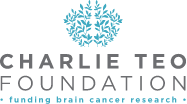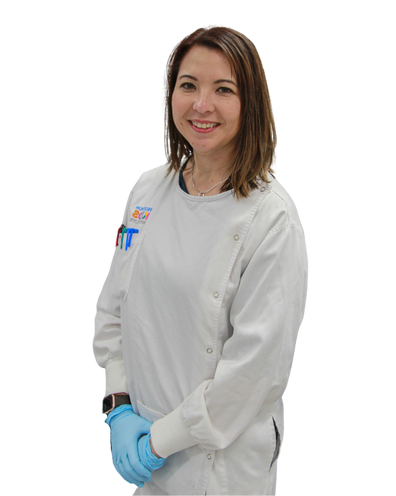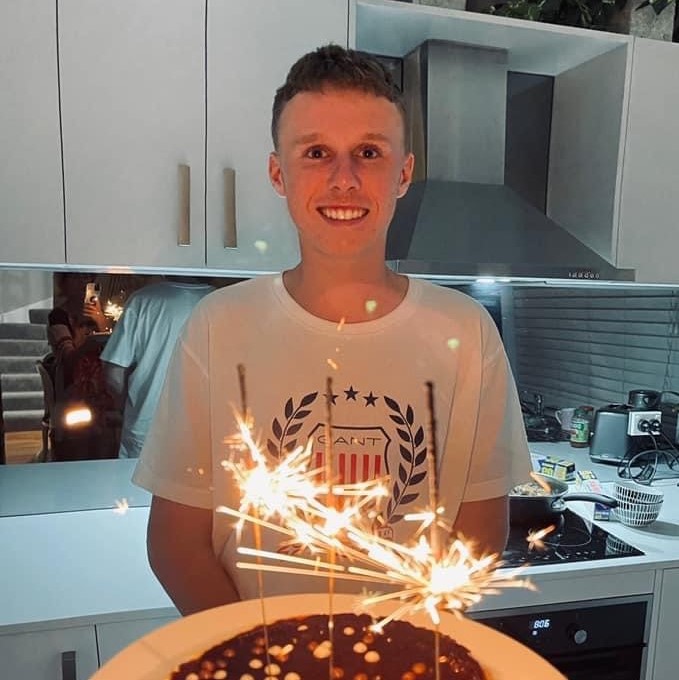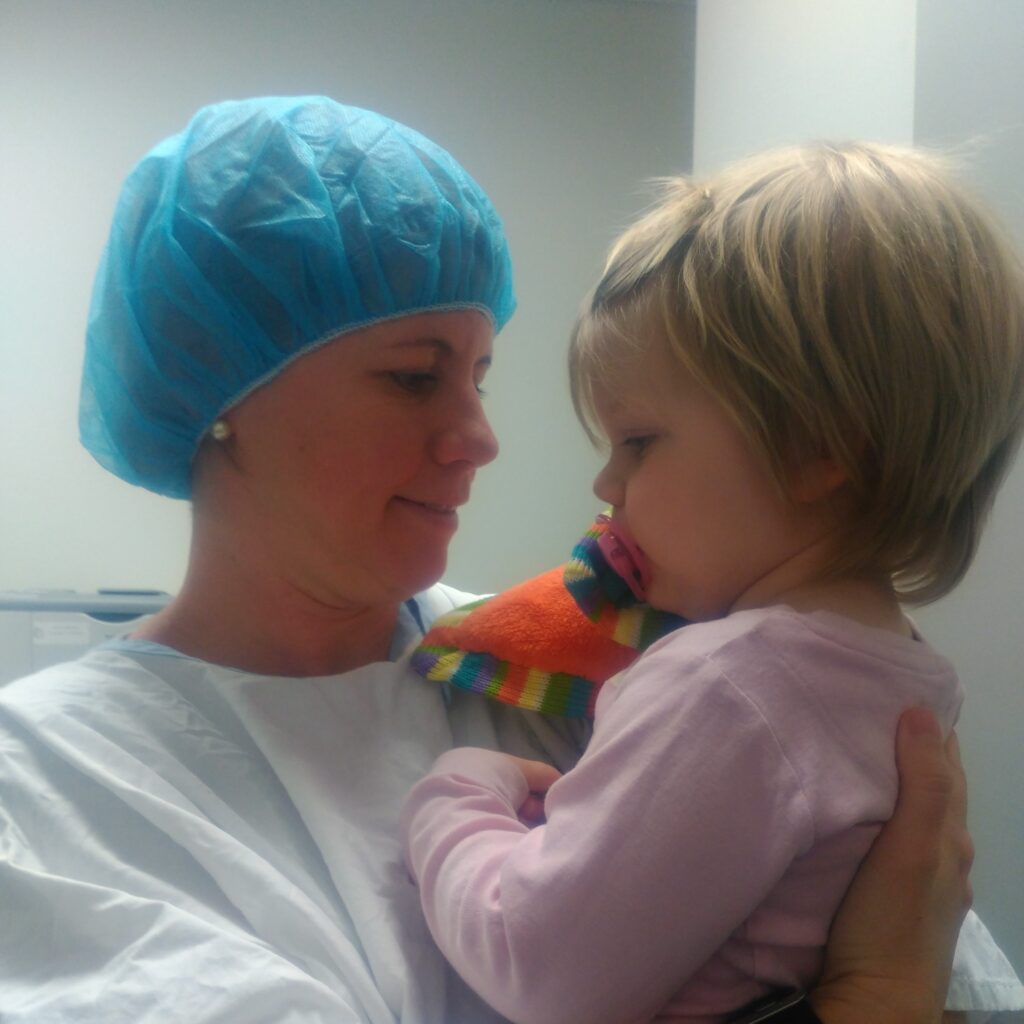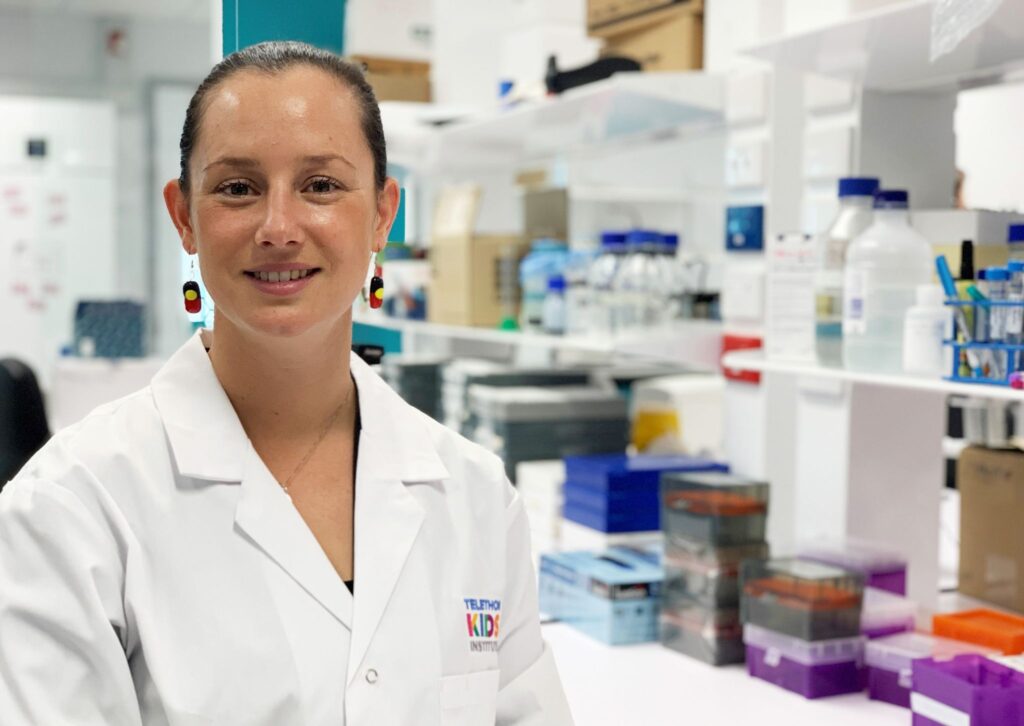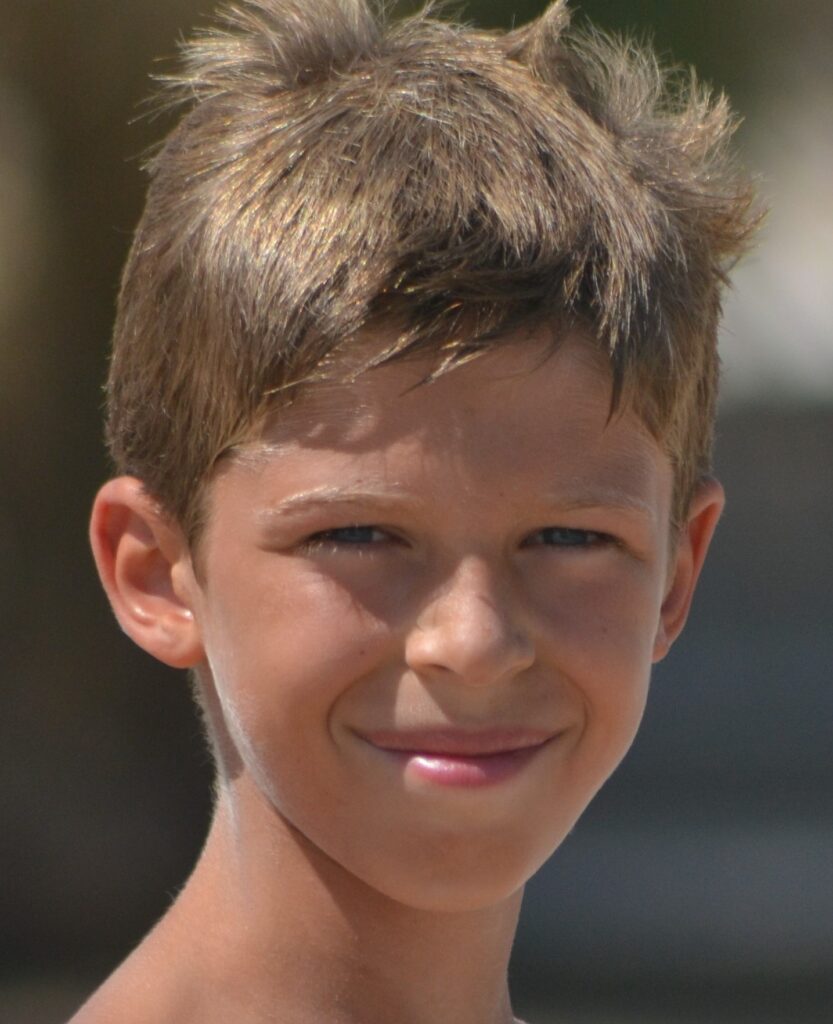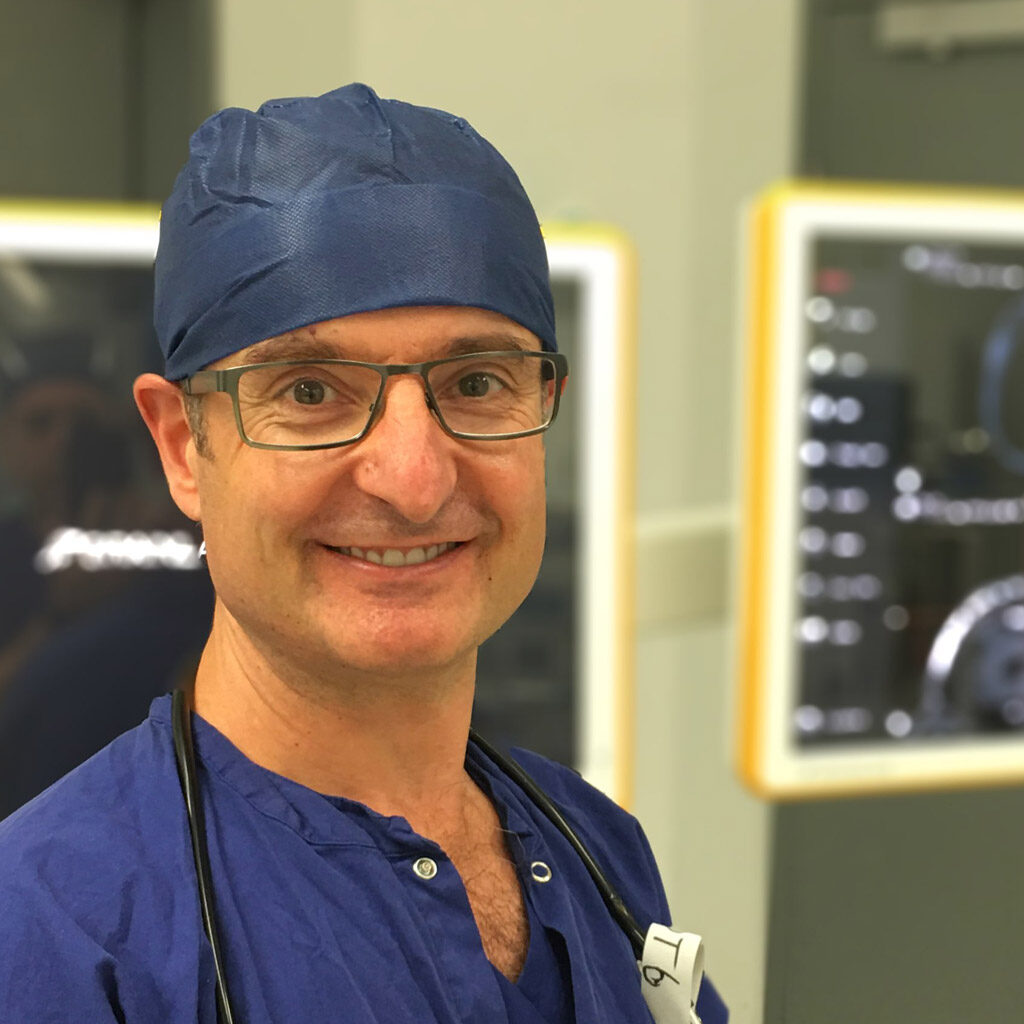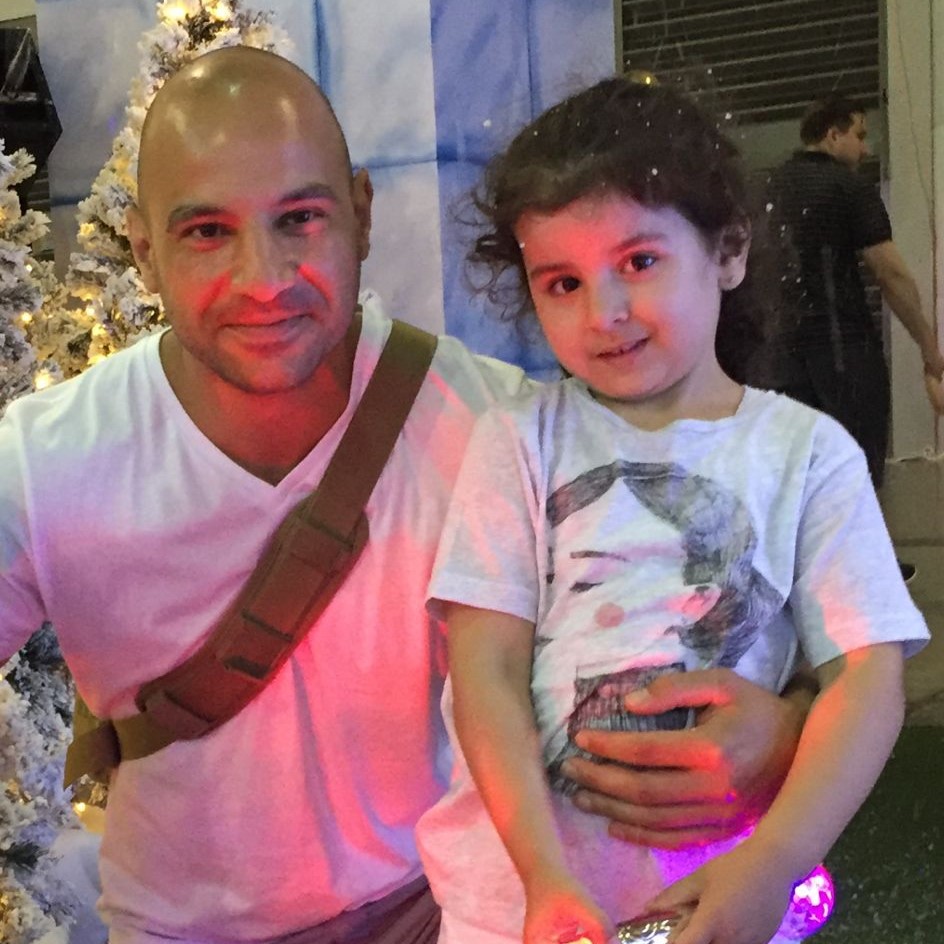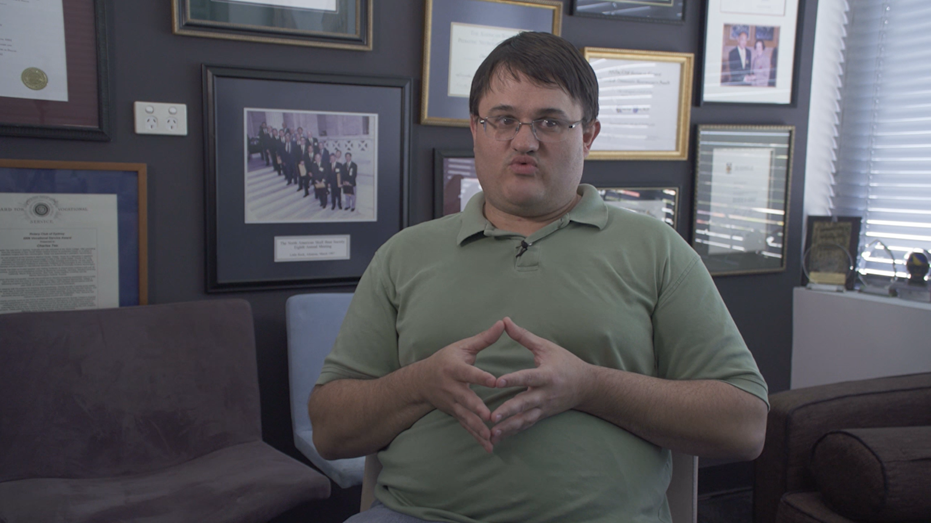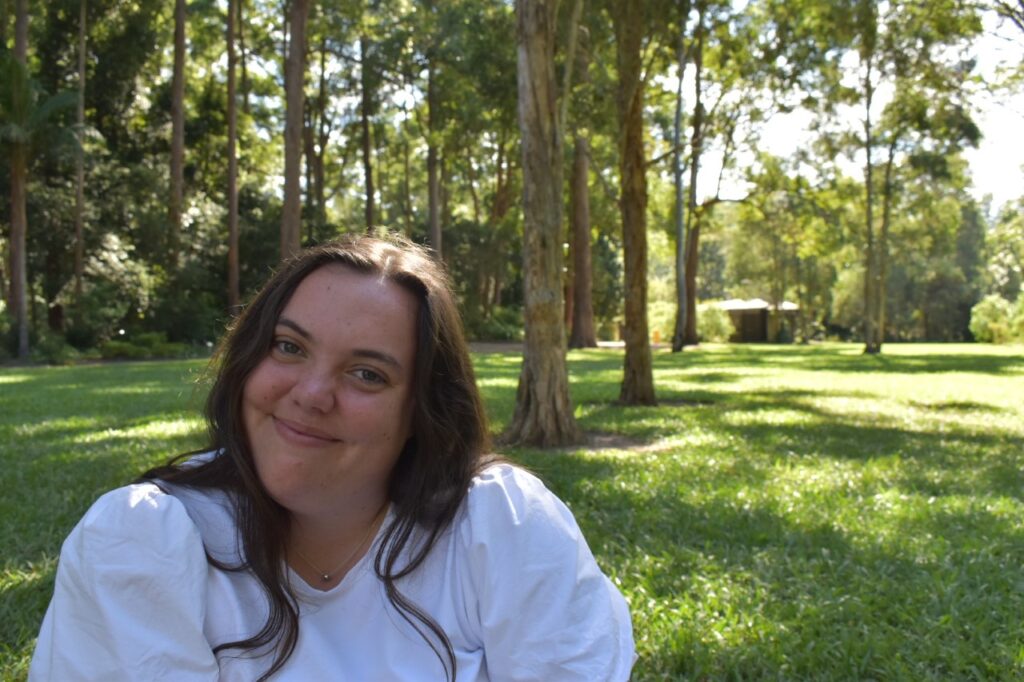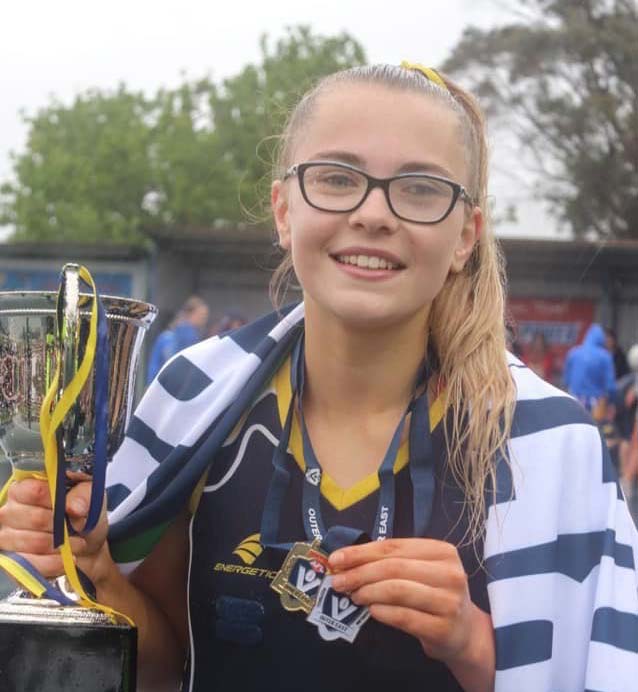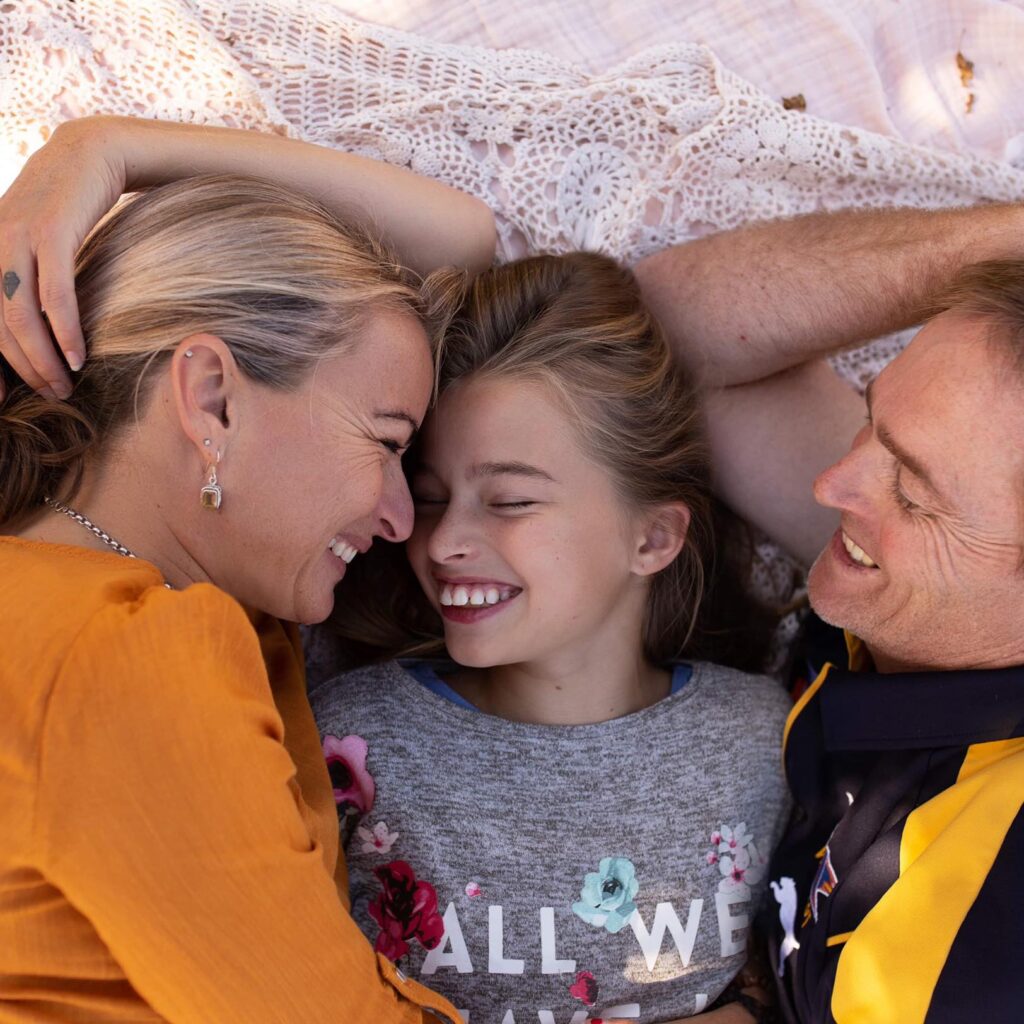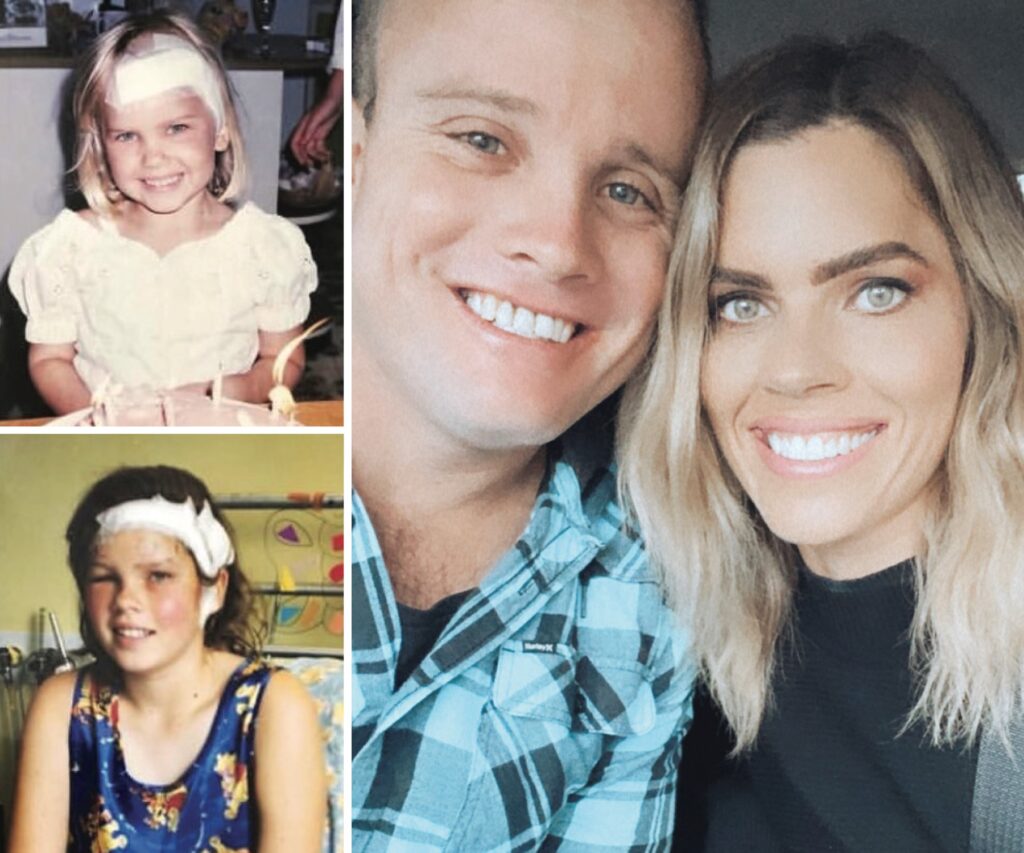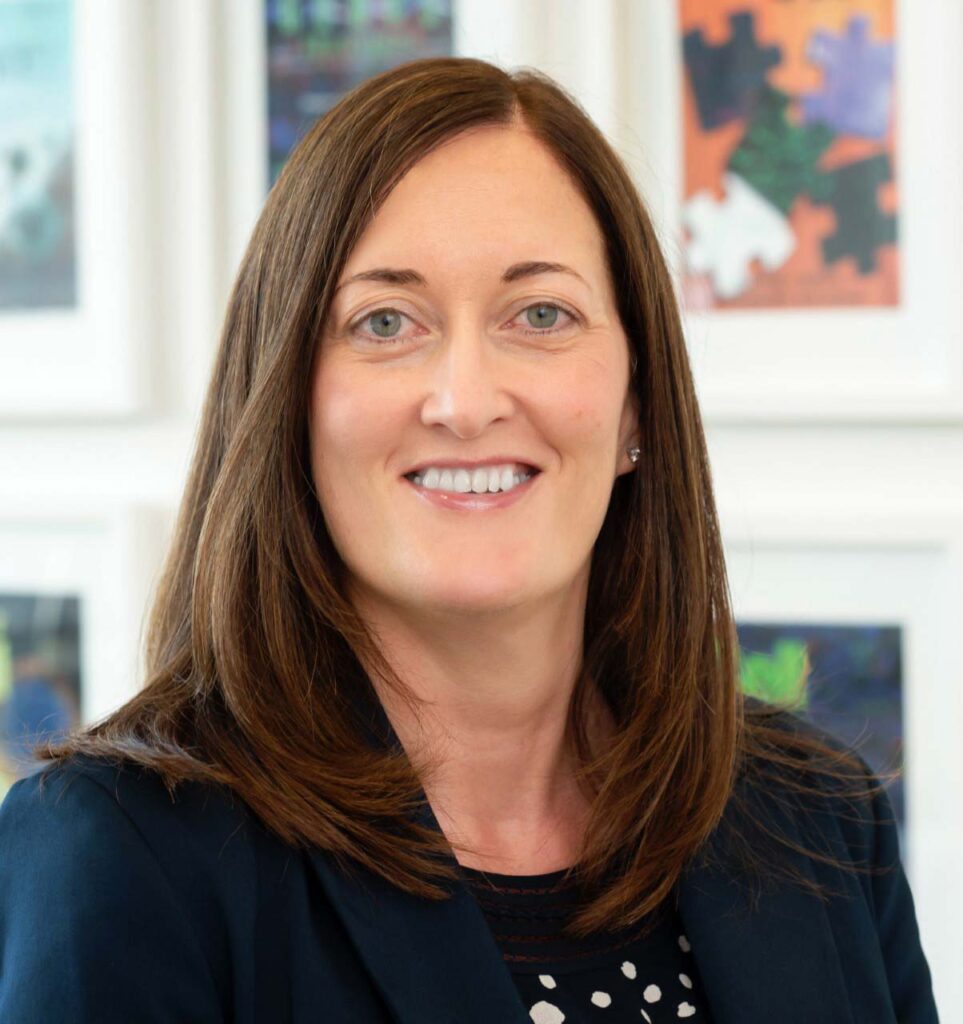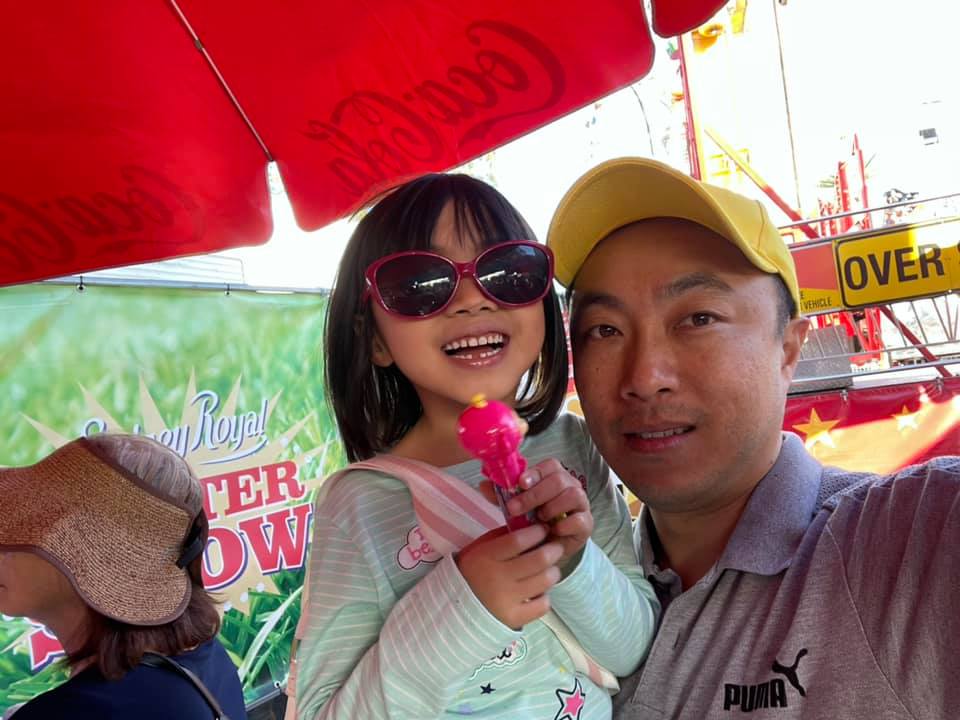“I’m a scientist. I work in pre-clinical testing for paediatric brain cancers.
For paediatric brain cancer, because it is so rare, it’s the last things that doctors think is wrong with your child when you take them in to emergency. For a lot of parents their stories are very common – that it was the 4th or 5th time they went to the emergency department before a tumour is diagnosed.
What we say to parents is to trust your gut. This happens. It happens to families. It’s not something that is so unrealistic that it may not touch someone in your life at some point.
Children are not just miniature adults, but the way the medical system works is new drugs must be tested in adults before they can even be considered for testing in children. So you will never be able to get a new medicine into a clinical trial for children unless it has been evaluated in adults first. That is actually designed for safety reasons to protect children, but we also know at the same time that brain cancers in children are very different to cancers that arise in adults.
So on one hand, we can do all this amazing research, but if we can never translate that clinically because of the restrictions and regulations, that discovery and the true impact of it may never be realised.
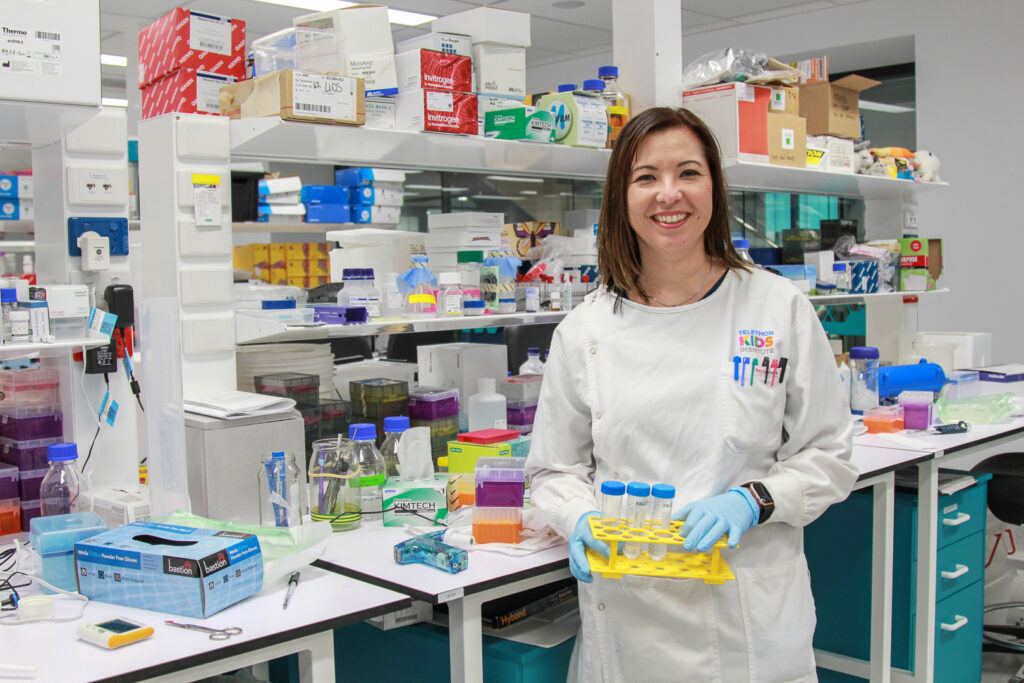
A big part of what charities like the Charlie Teo Foundation are great at is raising awareness. Charlie Teo Foundation personally really resonates with me because everything that I decide to do in my research and in my lab is all about trying to improve the outcomes for kids that are diagnosed with brain cancer. It’s always got that end goal in mind and we’re always thinking about the patients, and it really focuses the effort of my work.
I align very strongly with the goals of the Charlie Teo Foundation and I’m really proud to be part of it. One of those important goals is to produce more data, and the Foundation brings researchers together to help share the data internationally. We work in collaboration to put all these results and data together so the full potential of new discoveries can be realised. No one scientist can do it alone.”
